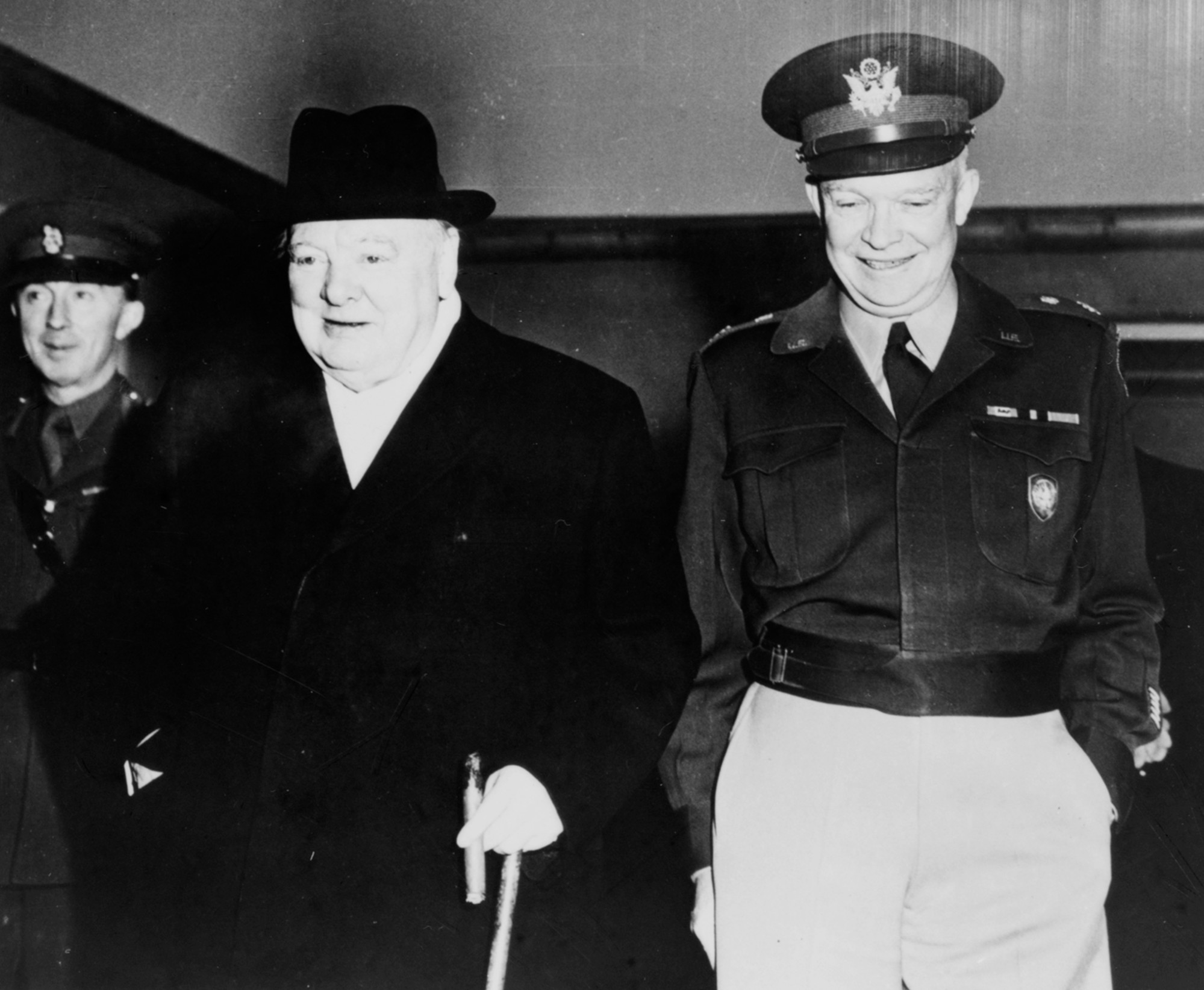
The Aukus alliance: what ancient China’s Warring States period tells us about the forces in play and their possible fates
- A nominal overlord, a rising power and six states caught in-between and alternately united and divided over how to prevail against the latter – sound familiar?
- China’s Warring States period, which ended with the rising Qin state conquering all to unite the country, says much about the play of shifting alliances
Australia, the United Kingdom and the United States announced in mid-September that they had formed a military alliance in response to growing concerns over regional security in Asia.
Near the end of the Warring States period (475–221BC), when the nascent Chinese nation was a fractious collection of seven major states, military alliances between them were very much a part of political life.
The “international situation” in northern and central China at that time was dominated by concerns over the growing power of the state of Qin in the west. The traditionally strong states of Qi in the east and Chu in the south were no match for the Qin armies. The rest – Han, Zhao, Wei and Yan – were huddling in the middle trying not to get in anybody’s crosshairs.

The ancient royal house of the Zhou dynasty, the nominal overlord of all the states for over seven centuries, survived in a tiny parcel of land around Luoyang in central China, left alone because of its irrelevance and insignificance.
There were two main types of alliances during the period. The first one was called “perpendicular coalitions” (hezong), which involved several or all of the six states allying themselves against Qin. There were four such coalitions in the 77 years between 318 and 241BC and four wars were fought between the hezong states and Qin, with an equal number of victories and losses on both sides.
The Chinese general who pulled out and ate his arrow-pierced eye, maybe
The hezong partnerships were unsuccessful and never lasted long mainly because of the deep level of antagonism and distrust between the member states. This can still be observed in contemporary politics in many parts of the world. Instead of staying united in their struggle against a hegemonic foe, opposition politicians and parties are divided because of personal egos, past grievances and irreconcilable differences.
Taking advantage of the intrinsic disunity between the six states to its east, Qin actively applied the strategy of “horizontal association” (lianheng) to further sow discord among them. Using both military threats and economic enticements, Qin would form alliances with one or several of the six states, thus breaking apart any hezong coalitions that might have been created to thwart its rise and advancement.
The formation of alliances and counter-alliances during this period saw the rise of famous diplomats and lobbyists who travelled between states to facilitate the wishes of their employers. They were their own agents and owed allegiances to no ruler or state, except the one or ones that were paying them at any one moment.

The state of Qin eventually prevailed. It quietly snuffed out the hapless Zhou dynasty in 256BC. From 230BC onwards, its armies swept eastwards and conquered all the six states in less than a decade. In 221BC, Qin unified the Chinese nation as an empire and its king declared himself the First Emperor of the Qin dynasty.
It is still early days for the Aukus defence pact and we do not know if it will last as long as the North Atlantic Treaty Organisation (Nato), which is into its 72nd year and still going strong. China has also not issued any exceptionally strong statements against the military alliance at the time of writing.
Meanwhile, the Southeast Asian nations that are sandwiched in-between will continue to walk the tightrope very carefully and hope for the best. What else can they do?

